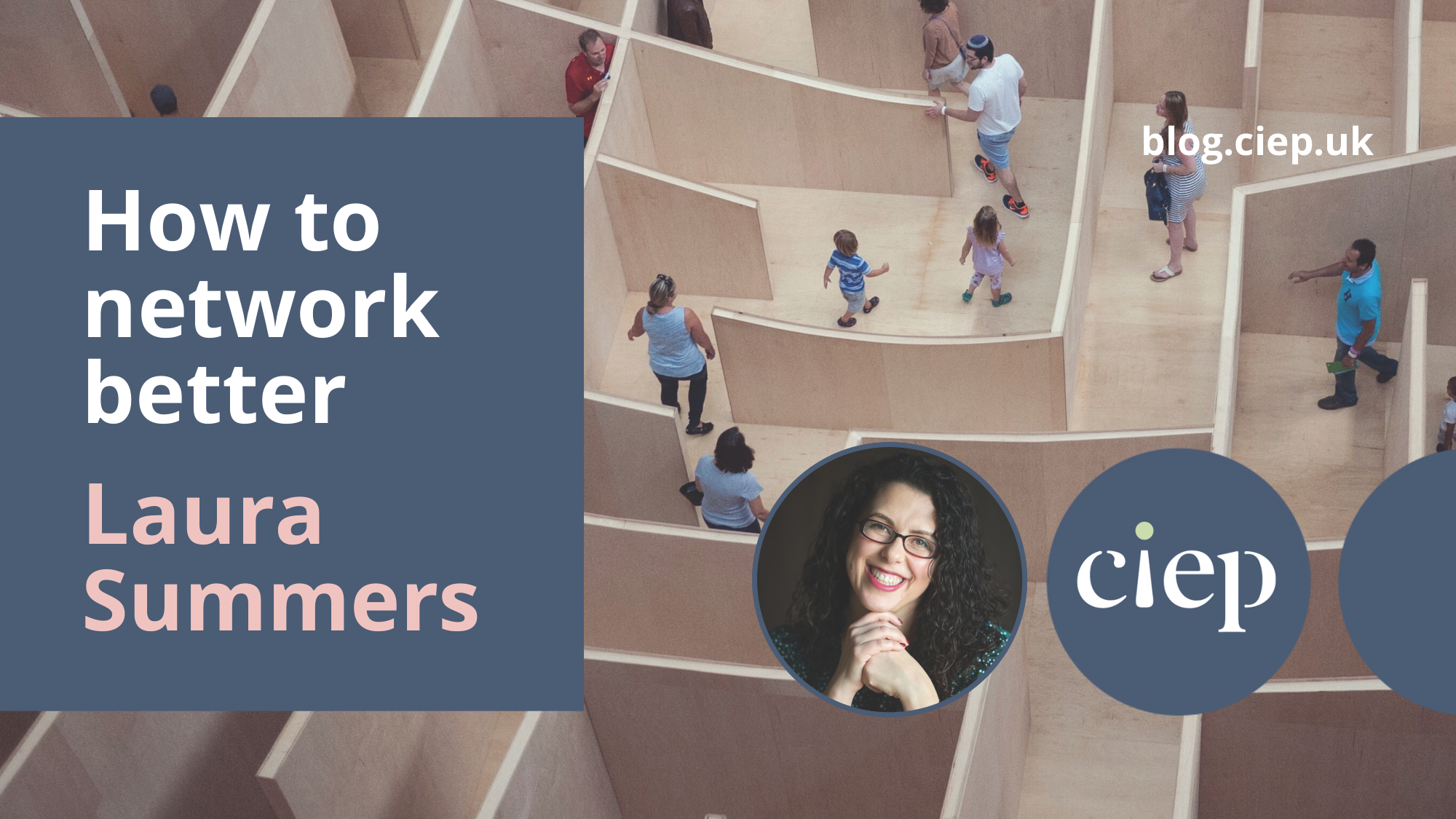Laura Summers of BookMachine explores networking benefits, tips and more.
From small beginnings in 2010, starting as a group of colleagues coming together to talk about the book publishing industry, the BookMachine community has grown to become a global organisation. During this time I’ve met hundreds of editors and proofreaders. I remember some of them really well because they’ve stood out against the crowd by their ability to network.
Instead of simply telling me or anyone they’re networking with about themselves and leaving it at that, these professionals show their ‘interest’. They do this by asking insightful questions and aim to be the ‘interested’ person in each discussion or conversation they’re in.
Even if you’re not a networking fan, it’s one of the easiest ways to form connections that might lead to new opportunities. Thankfully, living in today’s digital world means we have online communities that make networking easier for all of us (introverts, extroverts and ambiverts!) to connect.
Not convinced that networking is for you? Here are three reasons to get started.
1. Spread the word
If you’re a freelance editor or proofreader, networking is an essential way to let people know what you do. Having an up-to-date website is a great start, but to ensure that the right opportunities come your way, you need to connect with others and tell them specifically about what you can do for them.
Networking isn’t limited to talking with potential clients. When you network with other freelancers, along with gaining advice and friendships, you can create partnerships and offer your clients a better service. For example, if you are an editor you can partner with a copywriter to offer your clients more skills.
2. Understand industry trends better
I read The Bookseller online daily, but there is still so much more to know about the industry. The more people you speak to and connect with, the more you understand current trends in the industry. This, in turn, gives you a deeper understanding of what’s important to your clients and their businesses.
Having more industry knowledge also gives you the added bonus of having more professional topics to talk about during meetings – whether you’re a freelancer or an in-house professional.
3. Gain more confidence
This one is simple. The more you meet and talk to people, the easier it gets.
Convinced about networking but unsure where to begin?
Explore membership organisations
As well as using CIEP membership to connect with editors and proofreaders through virtual and in-person events and the CIEP forums, consider joining BookMachine’s vibrant community to interact and learn during mixers, virtual hangouts and in-person events. If you want to mix a bit of exercise with networking and check two things off your list at one go, you could even come for our ‘Walk & Talk’ events!
If you’re a publishing hopeful, perhaps in the early stages of your career, think about the Society of Young Publishers (SYP). Attending SYP events and conferences, signing up to be a member and applying for their mentorship programme can help you get your foot in the door and teach you how to network better. Since it’s a volunteer-run organisation, you can even get involved with their online and in-person events if you have something to offer.
Leverage social media
Whether it’s BookTok, Bookstagram or #BookTwitter, there are plenty of ways for you to find fellow publishing professionals and connect with them on social media. Following some of the most valuable and popular accounts within publishing can help keep you in the loop and give you the opportunity to join discussions, conversations and events.
When it comes to social media, don’t underestimate the power of hashtags and the ability to squeeze yourself into a conversation when possible. Try keeping an eye on (or follow) hashtags like #workinpublishing, #publishing and #joinbooks.
Five valuable publishing-related accounts to follow on Twitter: The CIEP; BookMachine; Publishers Association; The Publishing Post; BookBrunch.
Use LinkedIn wisely
When you connect with someone, send a note. Introduce yourself and include a few words about what you do and why you’re interested in connecting with them.
Twitter will cap your tweets at 280 characters, but on LinkedIn, there’s no such limit when you post. But the key is to keep your interactions short and sweet – people have limited attention spans and time when networking. The goal is to make yourself memorable and interesting within that short interaction.
Be helpful
Another useful way to stand out is to answer questions using advanced search. Both Twitter and LinkedIn have great search capabilities. Think about the questions you had when you started out. Or even questions you had two months ago. Search those questions and variations of them on these sites.
What you want is to be helpful to those in your industry and around you. Offer answers, insights, or even follow-up questions to make the discussion more interesting. Don’t worry about sharing your tips and secrets – collaborating and boosting others in your industry is an ideal way to start networking.
Step forward as a speaker
Another idea to network and simultaneously showcase your skills is to pitch yourself as a speaker or as part of a panel at any relevant event. Pitch ideas to event organisers and highlight your areas of expertise so they can introduce you and your work to a wide audience. You can find plenty of these events when you start following and interacting with publishing professionals and publishers on social media.
Have a positive attitude
Finally, networking may seem challenging but try to think about it in terms of building relationships, friendships and long-lasting connections. The more people you know and speak with, the better and easier it will be for you to find the right opportunities to help your career thrive. On a personal level, it’ll also boost confidence in your intrapersonal and interpersonal relationships.
Also, it’s easier once you get started – I promise!
About Laura Summers
 Laura Summers is the Director of BookMachine, the fast-growing global Community and Creative Agency specialising in book publishing. Her mission is to provide every publishing professional with the knowledge, ideas and connections to help them to progress in their careers. Follow Laura on Twitter @LauraSummersNow. Connect with Laura on LinkedIn.
Laura Summers is the Director of BookMachine, the fast-growing global Community and Creative Agency specialising in book publishing. Her mission is to provide every publishing professional with the knowledge, ideas and connections to help them to progress in their careers. Follow Laura on Twitter @LauraSummersNow. Connect with Laura on LinkedIn.
 About the CIEP
About the CIEP
The Chartered Institute of Editing and Proofreading (CIEP) is a non-profit body promoting excellence in English language editing. We set and demonstrate editorial standards, and we are a community, training hub and support network for editorial professionals – the people who work to make text accurate, clear and fit for purpose.
Find out more about:
Photo credits: maze by Susan Q Yin on Unsplash, networking meeting by Redmind Studio on Unsplash.
Posted by Harriet Power, CIEP information commissioning editor.
The views expressed here do not necessarily reflect those of the CIEP.



Thanks. I’ve growing my self-publishing services business and need more good freelance copyeditors who know the Christian Writer’s Manual of Style backwards. Followed many of your recs.